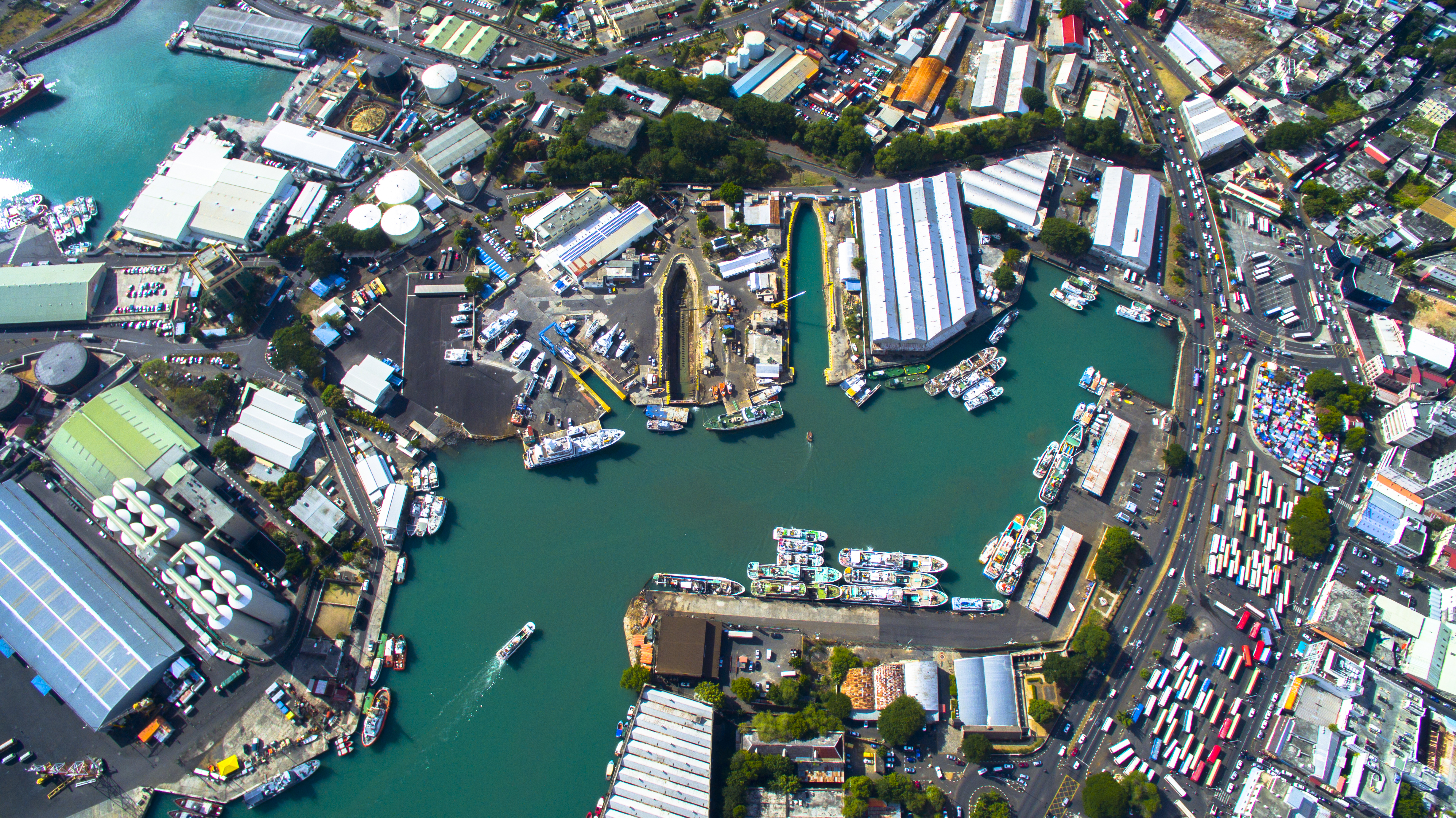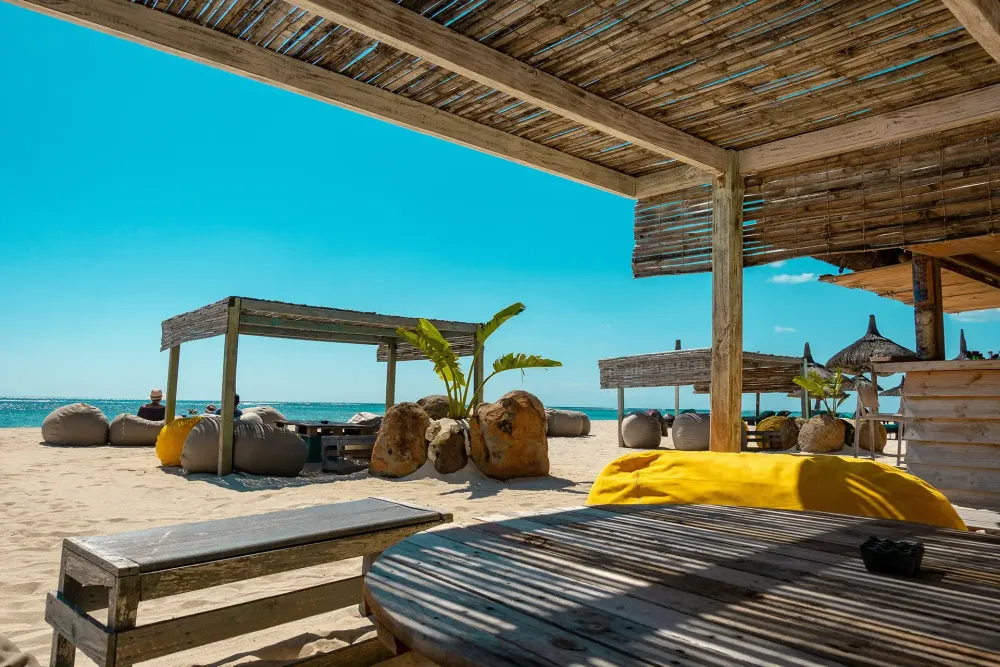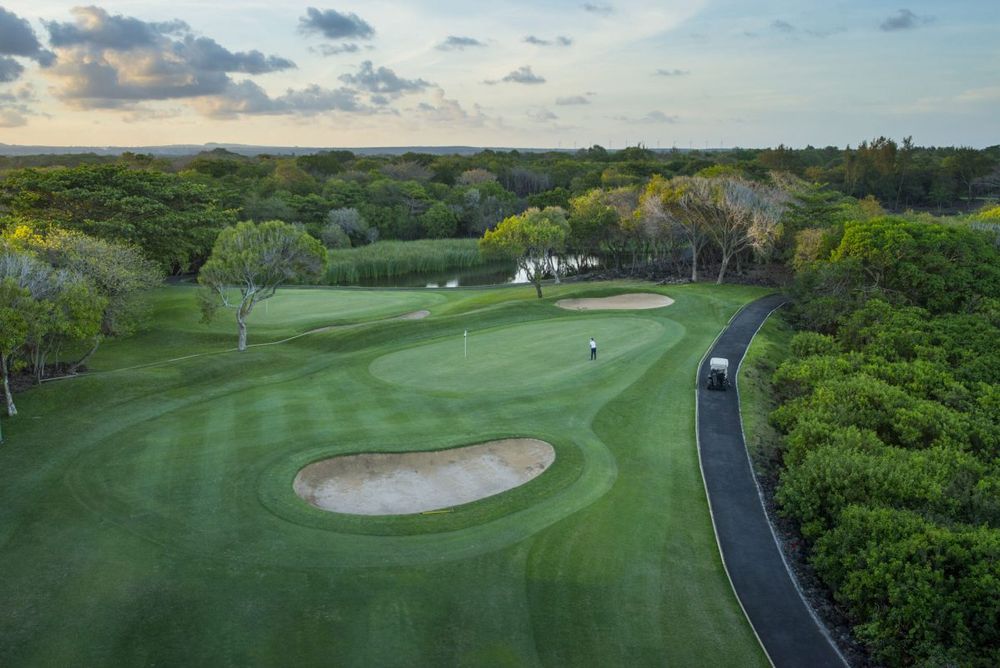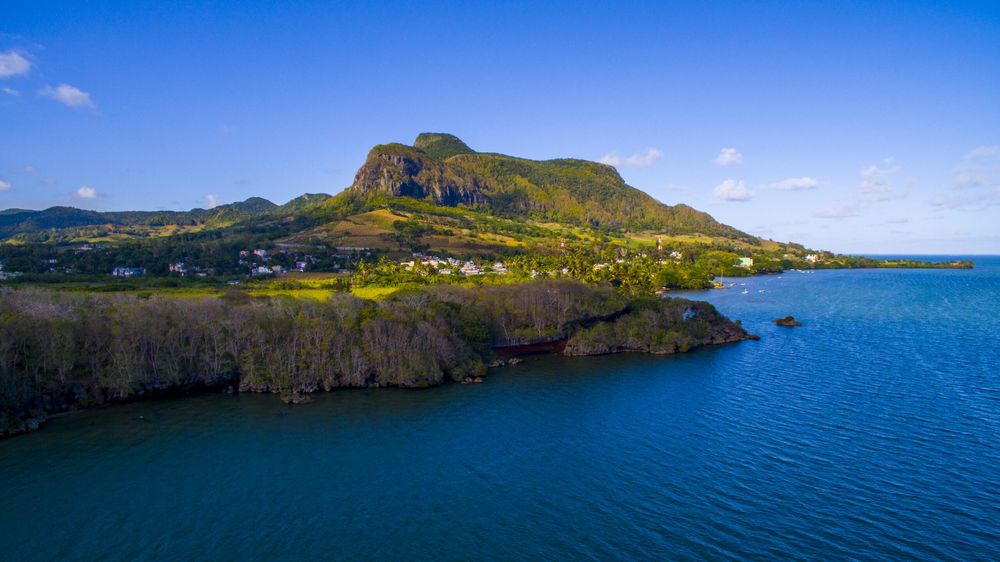Port Louis, the bustling capital of Mauritius, is more than just the island’s economic hub. Nestled between dramatic mountains and the turquoise waters of the Indian Ocean, this city tells the story of Mauritius itself — a blend of history, cultures, and modern ambitions. For travellers, investors, and residents, Port Louis offers a unique window into the spirit of the nation.
This article explores Port Louis in depth, from its colonial roots and diverse cultural traditions to its role in modern Mauritius. Whether you are planning a visit, looking to invest, or simply curious, here is everything you need to know.
The Origins of Port Louis: History and Legacy
Early Settlement and Colonial Foundations
Port Louis was founded in 1735 by the French Governor Mahé de La Bourdonnais. The city’s strategic harbour quickly made it a vital stopover for ships travelling around the Cape of Good Hope. With its deep natural port, Port Louis became the lifeline of Mauritius for centuries.
When the British took control in 1810, Port Louis retained its importance. The city expanded with infrastructure, administrative buildings, and a vibrant marketplace that still thrives today.
A Melting Pot of Cultures
Slavery and indentured labour left an indelible mark on Port Louis. African slaves, Indian indentured workers, Chinese traders, and European settlers all contributed to the cultural mosaic. This diversity shaped the language, cuisine, architecture, and religious practices visible throughout the city.
Exploring Port Louis: Top Attractions
The Central Market
No visit to Port Louis is complete without experiencing its Central Market. Known locally as “Bazaar Port Louis,” it is a colourful hub where locals and tourists mingle. Fresh fruits, vegetables, spices, textiles, and handmade souvenirs line the stalls. The aroma of curry, dholl puri, and tropical fruits adds to the sensory experience.
Aapravasi Ghat: UNESCO World Heritage Site
One of the city’s most important landmarks is Aapravasi Ghat, the site where thousands of indentured labourers first set foot in Mauritius during the 19th century. This UNESCO-listed site tells the story of migration, resilience, and the birth of modern Mauritian society.
Le Caudan Waterfront
A modern contrast to the historic city centre, Le Caudan Waterfront offers shopping, dining, cinemas, and entertainment. With its marina, craft markets, and lively atmosphere, it is a favourite hangout for both residents and visitors.
Champ de Mars Racecourse
Founded in 1812, the Champ de Mars is the oldest horse-racing track in the southern hemisphere. On race days, thousands of Mauritians gather to cheer for their favourite horses, making it one of the city’s most exciting social traditions.
The Culture of Port Louis
Religion and Spiritual Life
Port Louis is home to mosques, temples, churches, and pagodas, reflecting the island’s multi-religious identity. The Jummah Mosque, with its blend of Indian, Creole, and Islamic architecture, stands as a symbol of harmony in diversity.
Festivals in the Capital
From Diwali and Eid to Chinese New Year and Cavadee, Port Louis celebrates a rich calendar of cultural festivals. The streets often come alive with music, lights, and processions, showcasing the unity of Mauritian society.
Mauritian Cuisine in Port Louis
The food culture is another highlight. Street food such as dholl puri, gateau piment, and alouda is a must-try. Fine dining options offer fresh seafood, Creole dishes, and international cuisines that reflect the cosmopolitan nature of the city.
The Economy of Port Louis and Mauritius
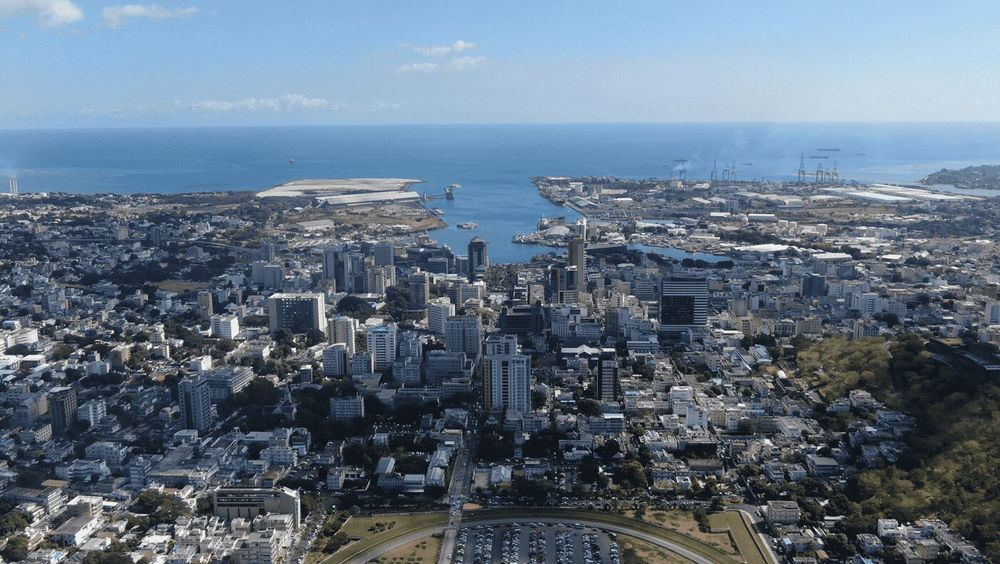
Port Louis as the Economic Hub
Port Louis houses the country’s largest port and the Mauritius Freeport, making it a centre for trade and logistics. The city also hosts the headquarters of major banks, insurance companies, and government ministries.
Key Economic Sectors
- Tourism – Mauritius relies heavily on tourism, and Port Louis is often the gateway for international visitors.
- Finance – The Mauritius International Financial Centre (IFC) positions the country as a hub for investment into Africa and Asia.
- Textiles and Manufacturing – Port Louis has a thriving industrial base that supports exports.
- ICT and Innovation – Technology parks and startups are growing, aligning Mauritius with digital transformation.
Modern Life in Port Louis
Education and Skills
Port Louis itself does not host Mauritius’s main universities or top training centres. Instead, higher education is concentrated in other districts:
- The University of Mauritius and Open University of Mauritius are based in Réduit (Moka District).
- Université des Mascareignes has campuses in Rose-Hill and Pamplemousses.
- Polytechnics Mauritius operates campuses in Réduit, Pamplemousses, and Rose Belle.
- The Mauritius Institute of Training and Development (MITD) is headquartered in Phoenix and runs training centres island-wide.
Within Port Louis, education is represented by established secondary schools such as Royal College Port Louis, which remains one of the island’s most respected institutions.
Transport and Infrastructure
The Metro Express connects Port Louis with other urban centres, easing traffic congestion. Bus routes, taxis, and the harbour ensure accessibility across the island.
Living in Port Louis
The city offers a mix of old colonial houses, modern apartments, and suburban living. While it is the busiest part of the island, its cultural richness and opportunities make it an attractive place to live and work.
Tourism in Mauritius Beyond Port Louis
Northern Beaches
Just a short drive from the capital, Grand Baie and Trou aux Biches attract sun-seekers with pristine beaches, nightlife, and water sports.
The Central Plateau
Curepipe and Moka offer cooler climates, lush gardens, and colonial architecture.
The South and East Coasts
From the rugged cliffs of Gris Gris to the lagoons of Belle Mare, Mauritius offers diverse landscapes within easy reach of Port Louis.
Why Port Louis Matters in the Identity of Mauritius
Port Louis is not only the administrative and economic capital but also the cultural heartbeat of Mauritius. It embodies the island’s story — migration, resilience, diversity, and progress. For investors, it offers opportunities; for travellers, it promises discovery; and for locals, it remains a symbol of heritage and pride.
FAQ
What is Port Louis known for?
Port Louis is known for its history, cultural diversity, Central Market, Aapravasi Ghat, and vibrant mix of colonial and modern life.
Is Port Louis worth visiting?
Yes, it is a must-visit for travellers to Mauritius. It combines history, shopping, food, and culture in one dynamic city.
How do I get to Port Louis from the airport?
The Sir Seewoosagur Ramgoolam International Airport is about 50 km away. Visitors can take taxis, buses, or hire cars.
What language is spoken in Port Louis?
Mauritian Creole is the most widely spoken, but English and French are also common.
When is the best time to visit Port Louis?
The cooler, drier months from May to October are ideal for exploring the city.

